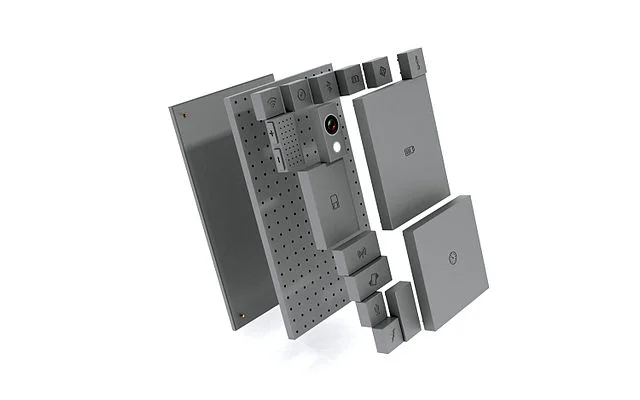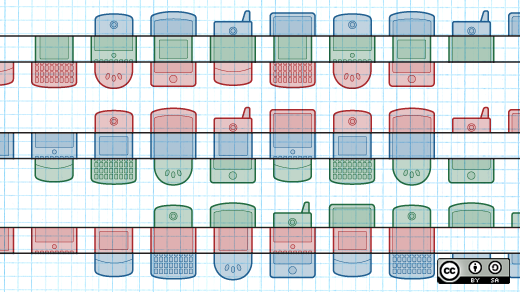Dave Hakkens is the founder of Phonebloks, an initiative that supports and pursues the creation of modular hardware for cellular phones to reduce electronic waste (e-waste) and increase efficiency. In this interview, Dave shares the story of what brought him to this mission and what he believes the future holds for one of our most treasured devices, the phone.

Dave, tell us a bit about yourself and what brought you to be interested in modular phones.
I’m a designer, and I graduated two years ago from the Design Academy Eindhoven in the Netherlands. As a graduate project, I looked at reducing e-waste, so I was exploring what can be changed in that space. The phone looked pretty logical to me, given how often we tend to replace our devices. So, I decided to make one video suggesting the idea of modular phones and inviting individuals and organizations to get engaged. The video got big with 21 million views on YouTube! And, a community developed around the idea. My interest is not in modular phones per-se, but more so in reducing waste. On this occasion, it turned out that mobile phones offered a good opportunity for a significant reduction of e-waste.
You choose a community-based approach to pursue the goal of making modular phones to reduce e-waste. Tell us about this decision and the arguments that led you to it. How effective has that been?
A primary goal of mine was not to make a business, nor to make a company, but to reduce e-waste. So it looked to me like patenting ideas or keeping plans confidential was not the most efficient way to have a large-scale reach. To have a big impact I needed a large community. I knew that by involving a larger number of people that would allow them to start working on this area, and then the industry would follow.
Today, we are seeing the participation of many companies.
Several organizations have embraced the idea of modular phones. How do you see the role of individuals, in particular the open source and open hardware enthusiasts, participating in this space?
At this stage there are several companies exploring the concept of modular phones. They have an interest to make things more open to reach a larger number of engineers who can start creating more modules and improving existing ones. So I see this space evolving into a creative market with lots of individuals making lots of applications, designing and commercializing modules, and addressing specific user needs.
Environmental causes have in general been orthogonal to the open source community. However upon review, we share many common values. How do you see the participation of open source-minded individuals changing the way environmental causes are promoted and pursued?
This is just getting started. Our first idea was to make this open, without any patents, and it has successfully resulted in companies getting involved and collaborating. It will become very powerful when a larger number of individuals get involved, providing a long-tail of innovation.
I have also worked on another project to recycle plastics. This is also an open project. I designed a recycling machine, put the blueprints of the machine online, and I’m getting feedback from people all around the world with ideas on how to make improvements.
Following the iterative methods that are common in open source, I developed the first version of this machine, then I publicly shared the designs, and I started getting feedback from the community. We are now building version 2, which is greatly improved. So, for me getting a large community involved is a natural model for rapid innovation.
How close are we to having modular phones in the early-adopters market?
Since I launched the video of Phoneblocks two years ago, a lot of companies showed interest on the concept of modular phones. The biggest one at this point is Google with project Ara. They have now a prototype phone, and this year they are doing a pilot launch in Puerto Rico. This pilot will make it possible to try out features in the field, as well as, to evaluate the response of the public. So, things are certainly moving forward.







Comments are closed.